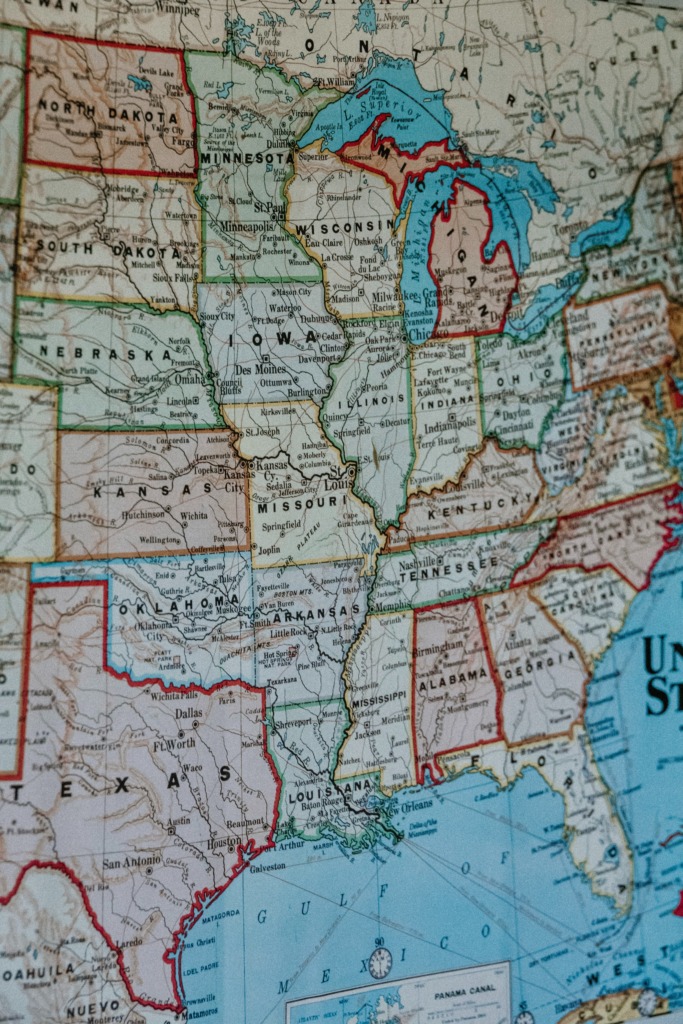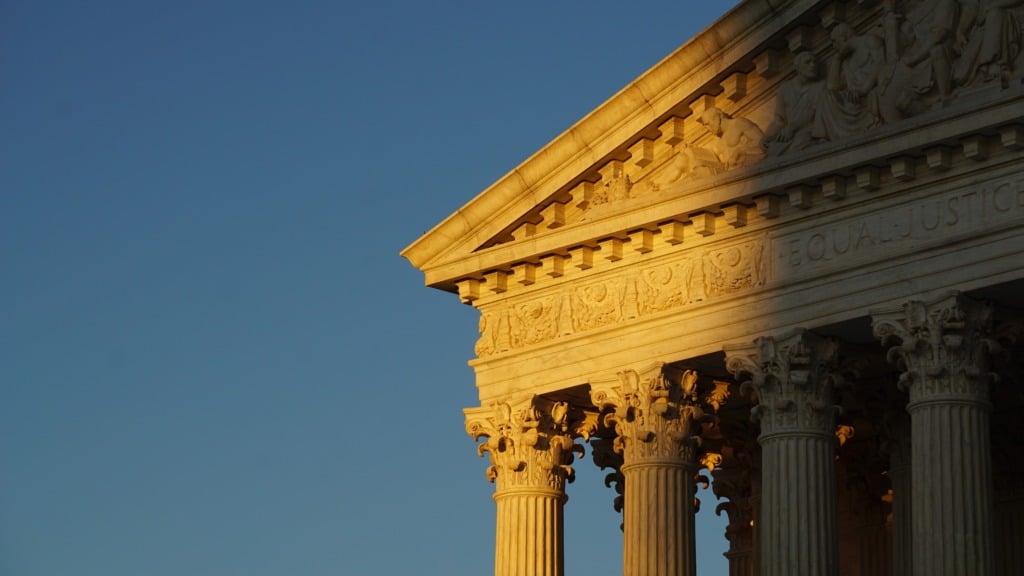Paper Tiger, Hidden Dragon?: Some Thoughts on Smagin v. Yegiazaryan
This Term, the Supreme Court will hear a dispute between two wealthy Russians relating to an international arbitration award in London arising out of a failed real estate venture in Moscow. The case pits two competing tendencies of the Justices against one another: (a) their penchant for preventing such seemingly foreign litigation from proceeding in U.S….
Continue ReadingBill Dodge to Join Faculty at George Washington University Law School
TLB is pleased to announce that founding editor Bill Dodge will join the faculty of the George Washington University Law School in August 2024. He expects to teach International Litigation and Arbitration, International Business Transactions, and Contracts, among other subjects. Bill will join GW Law after 29 years with the University of California, including 20…
Continue ReadingDistrict Court Refuses to Let 9/11 Plaintiffs Have Afghan Central Bank Assets
The District Court for the Southern District of New York (Judge George Daniels) has denied the turnover motions filed by judgment creditors against assets of Da Afghanistan Bank (“DAB”) that are held at the Federal Reserve Bank of New York (“FRBNY”). Judge Daniels’ order and decision, issued on February 21, 2023, adopted the report and…
Continue ReadingDon’t Forget About State Courts
Transnational litigation in the United States is often thought of as a matter for the federal courts. While it is true that many transnational cases end up in federal courts, state courts routinely hear transnational cases too. Scholars have started to catch on, with recent papers studying state courts’ approaches to the presumption against extraterritoriality,…
Continue ReadingPreview of Supreme Court Argument in Extraterritorial Trademark Case
On March 21, the U.S. Supreme Court will hear oral argument in Abitron Austria GmbH v. Hetronic International, Inc. to decide when the federal trademark statute, known as the Lanham Act, applies to the use of trademarks outside the United States. The stakes are high—not just for the parties arguing over a $90 million damages…
Continue ReadingFloating Forum Selection Clauses
Most forum selection clauses refer specifically to the courts of a particular jurisdiction. Floating forum selection clauses are different. A floating clause does not reference any court by name. Instead, it ties the choice of forum to a mutable fact that can change after the contract is made. The possibility that the identity of the…
Continue ReadingHiring Announcement
The American Society of International Law is hiring for two important positions: Director of Finance and Administration and Director of Programs. These are key positions with a wonderful organization. More information here.
Continue ReadingPGA v. LIV: Golf, Discovery, Immunity and PIF — The Saudi Arabian Sovereign Wealth Fund
Just as the competition between PGA Tour and LIV Golf has divided the golf world, so too may the immunity issues raised by the litigation divide legal experts. Sadly, this post is pretty weak in terms of golf puns – par for the course in legal writing about immunities – but it does address interesting…
Continue ReadingRejecting Comity-Based Abstention in Human Rights Cases
Defendants in transnational human rights cases may seek dismissal on a great many bases—so many, in fact, that it can be hard to keep them all straight. One growing source of confusion is the argument that a case should be dismissed based on “comity.” The problem is that comity isn’t a single doctrine. But because…
Continue ReadingVisiting Judges at Home and Abroad
Readers may be familiar with phenomenon of visiting judges—where judges from one federal court sit by designation on a different federal court. These judges are typically restricted from holding any other office or sitting on foreign or international courts. But after they leave they bench, they may do whatever they please. The latest issue of…
Continue Reading






